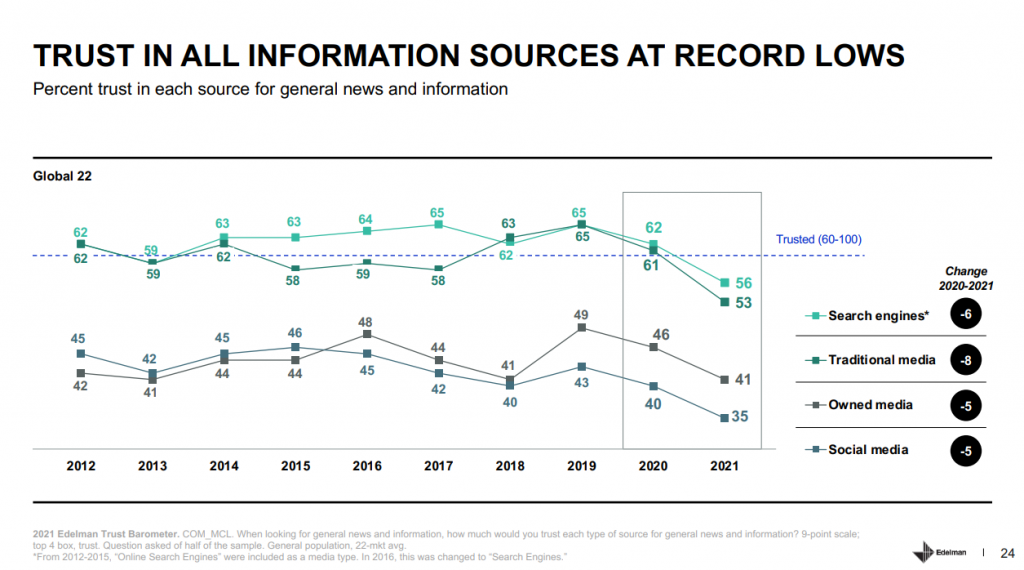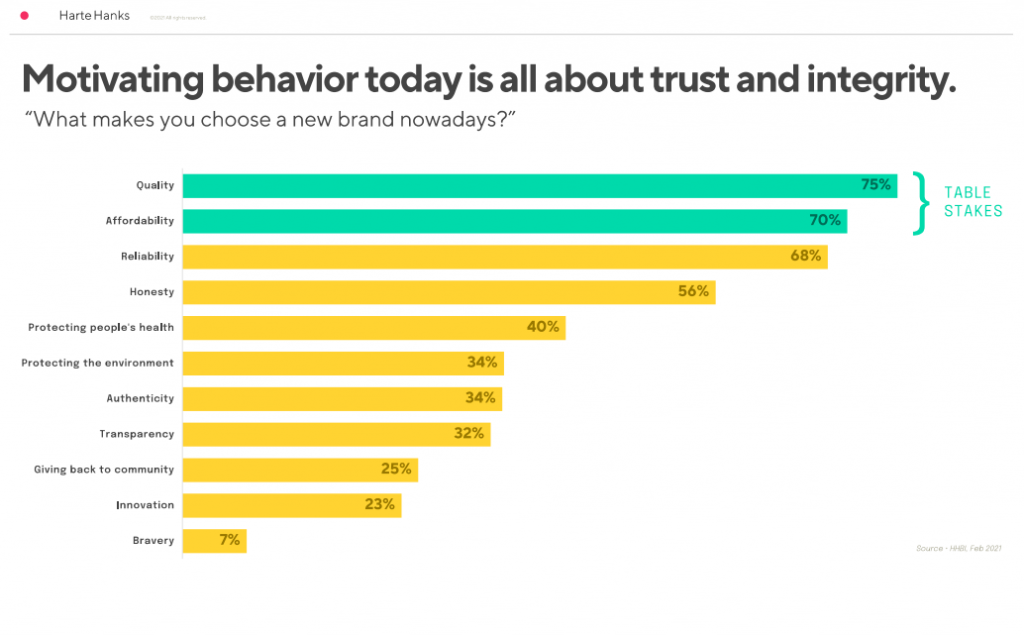Brand strategy has always been important. It’s how I was ‘brought up’ as a strategist. A recent rise in brand strategy interest can be attributed to market shifts and consumers’ changing affinity patterns. So, what’s changed in the role of brand strategy and how can companies adapt to stay ahead of the competition?
Let’s dig in a bit…
The Rise in Brand Strategy and Market Changes
Market research is a vital aspect of brand strategy. But how we conduct market research is becoming more focused on pre-consumer happenings. As cited by Forbes, insights are gathered from product designers and marketers before the product even reaches the hands of consumers.
This is thanks, in part, to changes in technology, which allows for greater access to data – and more of it. But what does this mean for businesses? Simply put, you should use every person in the ‘chain of production’ in the role of brand strategy. Everyone will be producing data, so use it to your advantage to use this data to improve your product before customers see it.
Reputation and Ethics
Company reputation isn’t a new focus, but the rise in brand strategy has changed what it means to consumers. As you may already know from our ‘Young Affluent’ focus several years back, consumers do show allegiances with their spending. This is particularly true within sustainability and young affluents.
But how does this fit into the role of brand strategy? Put sustainability front and center if you plan to win the youth market. That said, make sure your efforts are genuine because people are good at sniffing out ‘greenwashing’. Conduct market research to see what competitors are doing and decide how your company can improve its sustainability. Finally, make it visible and honest, and stick to your goals.
Final Thoughts on Brand Strategy
The role of brand strategy is always changing, and it can be difficult to keep up. If you’re looking to ground your marketing efforts with integrated brand strategy, AlixCompany can help. Since 2008, we’ve been helping advertisers and marketers move the meter from thinking to knowing by truly getting in-stream with consumers in today’s marketplace.
AlixCompany is based in Austin, Texas with Regus offices all over. We help brands move the meter from thinking to knowing by truly getting in-stream with consumers in today’s marketplace. For more information on our qualitative, quantitative, and planner-for-awhile (PFA) services please visit www.alixcompany.com.



